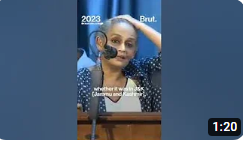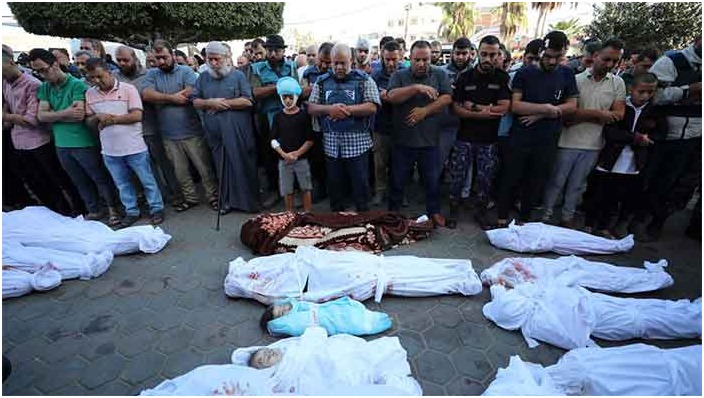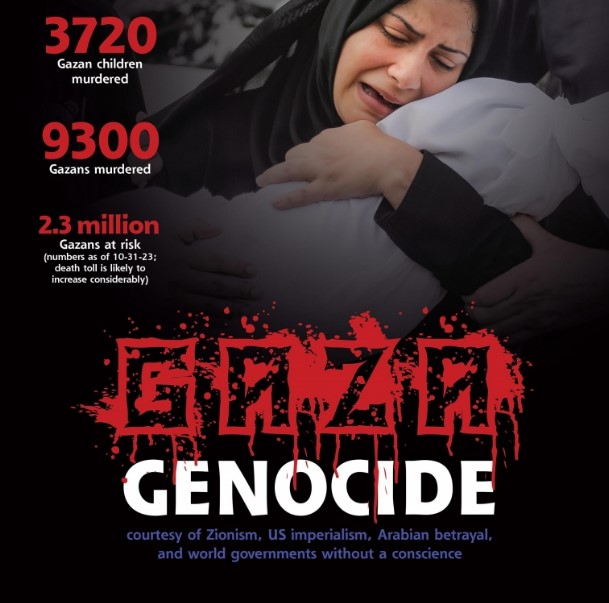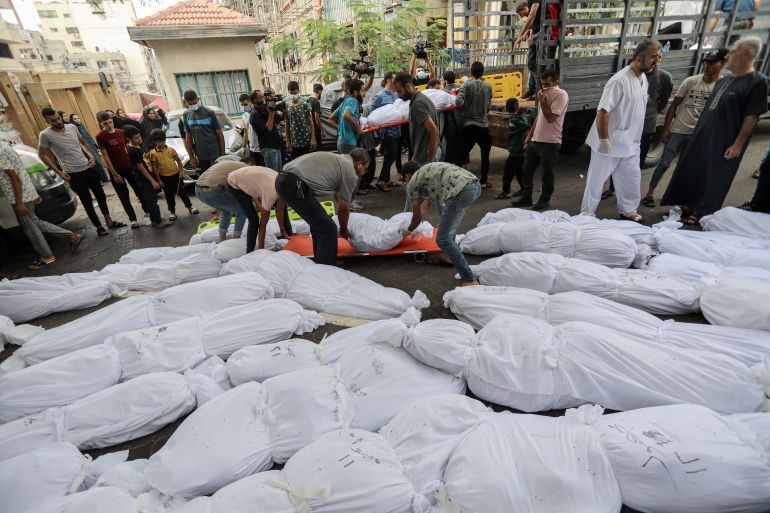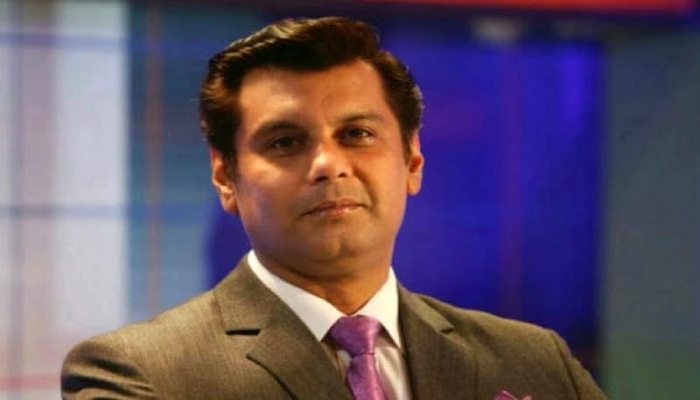Pakistan - At the Crossroads of History
0 comments | by Dr Atta-ur-Rahman

Pakistan today is at a crossroads of history. Will this corrupt pseudo democracy survive in which the corrupt get elected into parliament and then billions are plundered? Or will we succeed in installing a system of government in which justice and merit prevails and those who have looted billions are given exemplary punishments?
Democracy in its present form has failed repeatedly in Pakistan. Those who would like the status quo to be maintained argue that it was never given a chance to flourish with repeated army interventions. This is nonsense. The fact is that on most occasions the army interventions were precipitated by the massive loot and plunder that brought the nation to its knees.
‘Democracy’ in a country where half the population is illiterate and the majority of the rest cannot even read a newspaper is nothing but a farce. It is ‘feudocracy’: the stranglehold of a few feudals who manipulate the system by buying votes through corruption, later to make billions when they come into power. ‘Democracy’ in Pakistan is therefore a grotesque joke against the nation where a few get rich by unfair means while the majority are driven into slavery. These chains of slavery and serfdom must be broken through education, science, technology and innovation so that a strong middle class can emerge.
In Pakistan, education has never been a priority, except when President Musharraf invested in science and education when I was the federal minister of science and later chairman of the Higher Education Commission and aggressively pursuing project implementation.
In a recent television interview Ahsan Iqbal acknowledged that under my charge as Chairman HEC, revolutionary positive changes occurred and the landscape of universities in Pakistan improved dramatically. State Minister for Higher Education Baligh-ur-Rehman also made similar comments last week on television. I am deeply grateful for these public statements and their kind acknowledgement of my contributions. I want to clarify, however, that the policies implemented by the HEC had absolutely no connection with Vision 2010 prepared under the leadership of Ahsan Iqbal.
I simply implemented the suggestions I had proposed in the ‘blue book’ written by me and published in the 1980s, as well as the excellent proposals of Dr Akram Sheikh and by Dr Sohail Naqvi, the two executive directors of the HEC who worked with me during 2002-2008. These facts need to be recorded correctly for posterity.
Both Imran Khan and Allama Dr Tahirul Qadri have been rightly stating that democracy will not work in Pakistan without proper changes in the electoral system that ensures that only the brightest and those with unquestionable integrity come into power. A highly competitive and transparent merit based system needs to be incorporated to ensure honest and professional governance.
There are three major priorities to set things right.
The first priority should be to bring about deep seated changes in the manner in which candidates are allowed to contest for a seat in the national or provincial assembly. They must be highly qualified persons well known for their contribution to society with impeccable character and integrity. This is what is demanded by our constitution under Articles 62 and 63. So minimum educational qualifications must be laid down for the election candidates (as done by the Islamic Republic of Iran where a Masters degree is the minimum eligibility requirement).
A clear 90-day period should be set aside for vetting of the candidates regarding their suitability of membership prior to grant of eligibility for election. This vetting should be carried out by a commission to be appointed by the chief justice of the Supreme Court without consulting any political parties or the government. The role of parliament should be redefined in the constitution with ministers being appointed directly by the chief executive from the best persons available in their respective fields directly, and not from parliament.
Parliamentarians should be responsible only for law making and oversight of the implementation of different programmes, and they should not be eligible to become ministers in provincial or federal cabinets. This would, in one swoop, remove the greed element from the election process and make it highly professional. A presidential system of democracy rather than the British parliamentary system of democracy would be more suited. Other measures (such as a different Election Commission) needed were presented in my previous article.
The highest priority should be accorded to education, science, technology and innovation so that Pakistan can start tapping its real wealth, its human resources and transition to a knowledge based economy, as indicated above. At present Pakistan spends about two percent of its GDP on education, ranking us among the bottom eight countries of the world, a crying shame.
The previous PPP cabinet had approved a policy to invest seven percent of GDP for education but it was all a deception, as the financial allocations were never made and never exceeded two percent. The present government has promised four percent of GDP for education but has allocated only about two percent in the budget. I have therefore been advocating the declaration of a National Education Emergency so that this sector can be given top priority in the national development programmes.
The two major aspects to be tackled in this respect would be: (1) governance issues to implement reforms, particularly those related to curriculum, faculty development, examination systems and attainment of minimum quality standards compatible with those prevailing internationally; and (2) internationally compatible funding.
Another priority should be radical reforms in the judicial system so that cases of corruption and terrorism are decided within a defined time frame of 60 days not by normal civil courts but by special military courts established under a special law. The identity of judges should remain strictly remaining confidential for security reasons. The issue of terrorism and corruption is compounded by the complete failure of NAB which protects the criminals instead of swiftly prosecuting them. Exemplary and swift punishments to the corrupt and the terrorists (irrespective of how powerful and influential they are) will help to set things right quickly.
But the million dollar question is: who will do this? The present members of the national and provincial assemblies are the product of this corrupt system and they will oppose any changes tooth and nail, as that would threaten their future. It is obvious that these reforms cannot be implemented without an intervention from a proactive judiciary so that genuine democracy based on meritocracy can be implemented over a 3-4 year period by an interim government of technocrats in Pakistan, the corrupt are apprehended and given exemplary punishments, and a foolproof system is installed which prevents the corrupt from coming into power in the future.
The writer is the president of the Pakistan Academy of Sciences and former chairman of the HEC. Email: ibne_sina@hotmail.com
